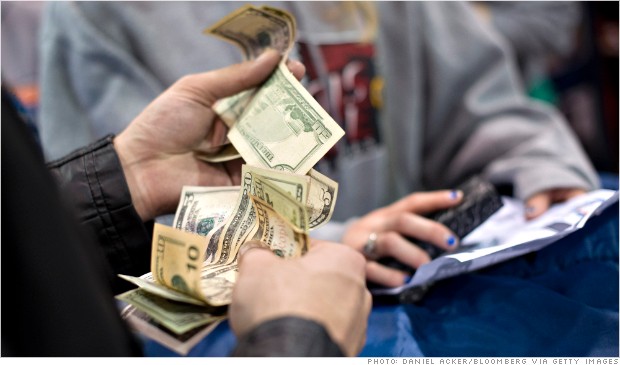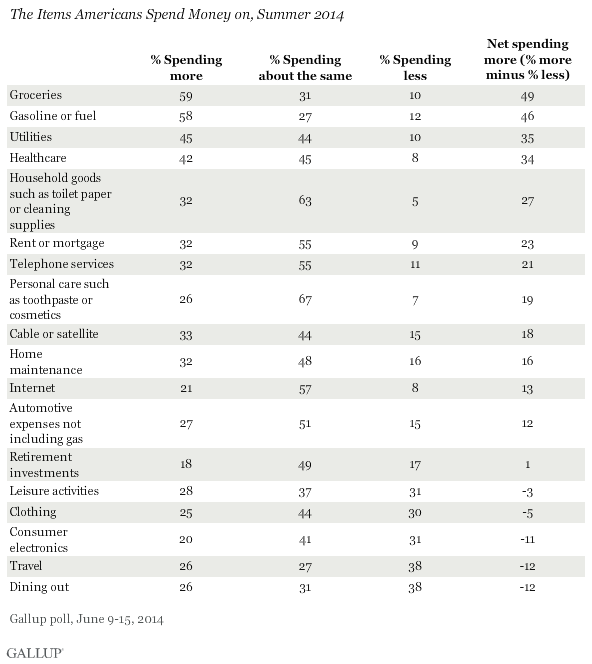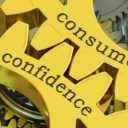
(Photo: Daniel Acker/Bloomberg via Getty Images)
A new survey conducted by Gallup found that American consumer spending over the summer will be consumed by healthcare, energy and foods costs, leaving little left for leisure. In total, 45 percent of Americans reported spending more than they did a year ago, while 18 percent reported spending less.

However, Americans’ increased spending was fueled by an increase in the cost of must-haves, rather than on discretionary purchases. While more than half of Americans say they are spending about the same for rent or mortgage, household goods, telephone, automobile expenses other than fuel, personal care products and the Internet, the cost of the previously mentioned goods has been skyrocketing.
Unfortunately, particularly regarding healthcare costs, the end for cost increases isn’t remotely near.
A study conducted by healthcare analysts at Morgan Stanley found health insurance premiums are set to increase at the highest rate ever measured by the firm. The survey of 148 brokers concluded health insurance premiums increase under ObamaCare mainly because of ObamaCare, blatantly stating “increases are largely due to changes under the ACA.”
Ironically, Gallup also reported that the rate of American uninsured fell to 13.4 percent.
Gallup also noted that — even though they found more Americans have plans to travel this summer for vacation — the headline data are misleading, because of the number of travelers who say they plan to stay close to home, or substitute a typical vacation for a far more modest get-away.
“More than two-thirds of those traveling this summer intend to take a trip longer than an overnight trip. Among those, most will travel by car (81%), whereas slightly less than half will take at least one trip by air (47%),” John Fleming of Gallup said.
“Less than 10% intend to travel by bus or train this summer. Slightly more than half expect both transportation and non-transport expenses for their summer trips to cost more this year than last.”
The survey blunts Democratic talking points and claims made by the administration, as it is just one more expected result of policies that have unequivocally raised the costs for Americans seeking to meet their bare necessities.
Paul Krugman and other progressive economists who support President Obama pointed to an increase in consumer spending to support their claims that the economy was on the verge of a rebound this year. However, what we have seen bears little resemblance to their interpretation of economic events.
Consumer spending, which made up 71 percent of the American economy last year, is increasingly spent on a select range of products that are increasing in cost and necessity. For instance, as more people adjust their budgets to compensate for the rise in healthcare costs, there are fewer people to fuel the prosperity of other sectors. An truly healthy economy has strength in diversity, not necessity.
What this translates to on a human level, is less misery.
“If there was any doubt that the U.S. economy is still struggling to get back on its feet, the results of this poll reinforce that reality,” Fleming added. “Because consumer spending is the lifeblood of a healthy economy, these findings suggest that discretionary spending still has a ways to go before it will fuel the kind of economic growth Americans have been hoping for.”






